
Learning TargetsI can cite strong and thorough textual evidence to support analysis of what the text says explicitly as well as inferences drawn from the text, including determining where the text leaves matters uncertain.
I can analyze and evaluate the effectiveness of the structure an author uses in his or her exposition or argument, including whether the structure makes points clear, convincing, and engaging.
Essential Question:
How do language conventions, diction and syntax impact the delivery of the news?
Sensational and Tabloid Journalism
We’ve probably all seen some kind of sensational newspaper, maybe at the super-market.They run big headlines—“Elvis Sightings!,”“Two-Headed Lizards!,”“Monsters from Outer Space”— with racy stories about Hollywood scandals and celebrity gossip. This is called “tabloid” or sensational journalism. The word “tabloid” was first used about 1900 to describe a certain kind of newspaper, about half the size of a standard paper. Because many of the tabloids featured shocking stories of crime, violence and scandal, the word also came to be associated with sensationalism. Tabloid news is popular because it relates to basic human drives, needs and desires. It provides entertainment, humor and excitement in an easily accessible format. Many readers have fun reading tabloid newspapers, but others argue that their popularity has influenced major newspapers and other news media to run more sensational stories.
Today, the so-called “supermarket tabloids,” such as The Star and The National Enquirer (with a circulation of 3.8 million) are as popular as ever. They’ve even spawned “tabloid TV” shows that specialize in shocking news.A major difference between the serious paper and the supermarket tabloid newspaper is that respectable news media cite known and reliable sources in the former’s stories.Tabloid papers often use sources that are biased or unreliable.
Sensational “tabloid” reporting has been popular for a long time and will probably remain so. A London journal wrote: “These newspapers marry couples that never was, bury those that never die, bankrupt those that never break, and rob those that never met with a thief.” This may sound like a recent statement, but it was written almost 300 years ago in 1725.
As you will be writing your own tabloids, I want us to be anchored as to some of the specific choices that the writers make in terms of syntax, diction and language conventions.
Assignment (due by midnight)
Below you will find three sets of paired stories: 1 A B, 2 A B 3 A B. For each pair, one is from a mainstream news source, the other from a tabloid.
Copy the graphic organizer below three times onto a word document, and for each pair note the headline, lead, examples of descriptive language and facts. As usual, use the text as evidence.
Mainstream
|
Tabloid
|
|
headline
|
||
lead
|
||
descriptive language
|
||
facts
(consider sources)
|
Email may derail case against Bill Cosby
By Michael Smerconish and Steve Almasy
(CNN)A former district attorney in Montgomery County, Pennsylvania, claims he agreed more than a decade ago that his office wouldn't use a civil deposition given by Bill Cosby in any criminal matters, an email obtained by CNN shows -- a revelation that could call into question the viability of the criminal case against the comedian.
The 2015 email -- sent by former District Attorney Bruce Castor to successor Risa Vetri Ferman -- details an apparent verbal agreement the prosecutor had a decade earlier with Cosby's attorneys for Cosby to testify in a civil sexual assault case brought against him in 2005. In the email, Castor writes that his intent in making the deal was to create an atmosphere in which Cosby accuser Andrea Constand would have the best chance of prevailing in her civil suit against the 78-year-old comedian by removing the prospect of Cosby invoking his 5th Amendment right.
The email was sent three months before criminal charges were filed against Cosby in Montgomery County in December, and could call into question the viability of the case, CNN has learned.
In it, Castor writes to Ferman: "I can see no possibility that Cosby's deposition could be used in a state criminal case, because I would have to testify as to what happened, and the deposition would be subject to suppression.
"I cannot believe any state court judge would allow that deposition into evidence. .... Knowing this, unless you can make out a case without that deposition and without anything the deposition led you to, I think Cosby would have an action against the County and maybe even against you personally."
The deposition is a key piece of evidence, cited by prosecutors as the impetus for reopening the case.
At the center of the case are allegations made by Constand, a former Temple University basketball employee, who says Cosby sexually assaulted her in his home in 2004.
Dolores Troiani, an attorney for Constand in 2005, told CNN's Jean Casarez on Friday that she never knew about any such agreement between Cosby's attorneys and prosecutors.
Castor, when asked by CNN about the email, declined to comment.
The current district attorney, Kevin Steele, who was elected in November after serving as Ferman's longtime top deputy, told CNN on Friday: "There is a specific legal method to grant immunity. That was not done in 2005."
Steele also noted that in Castor's 2005 press release declaring there was insufficient evidence to prosecute Cosby that Castor himself said he would "reconsider this decision should the need arise."
Story 1 B
Was Accused Predator Cosby Raped As A Child?
Fallen comedian evaded the question — but may be forced to answer soon!
The French Interior Minister Bernard Cazeneuve told reporters that through ISIS’s operations in Syria, Iraq and Libya, the group has acquired blank passports and has now set up a “real fake document industry.” Cazeneuve made the statement following a meeting with top European officials where he proposed setting up a new task force to help nab people attempting to come into the European Union with fake papers.
Last month ABC News reported that U.S. intelligence suspected ISIS had acquired thousands of blank Syrian passports and at least one passport printing machine after taking over government offices in Syria. Officials from Homeland Security Investigations (HSI) said in a 17-page report that the terror group has likely been able to print legitimate-looking Syrian passports since at least last summer – and raised the possibility that people using the forged documents have snuck into America.
“Since more than 17 months [have] passed since Raqqa and Deir ez-Zour fell to ISIS, it is possible that individuals from Syria with passports ‘issued’ in these ISIS-controlled cities or who had passport blanks, may have traveled to the U.S.,” the HSI report says.
The report notes that the primary source for the information was rated at “moderate confidence,” the second-highest rating given for source assessments. Testifying before lawmakers days after the HSI report was circulated to American authorities, FBI Director James Comey first publicly revealed the nation’s top security officials’ very real anxiety over the problem.
“The intelligence community is concerned that they [ISIS] have the ability, the capability to manufacture fraudulent passports, which is a concern in any setting,” Comey said.
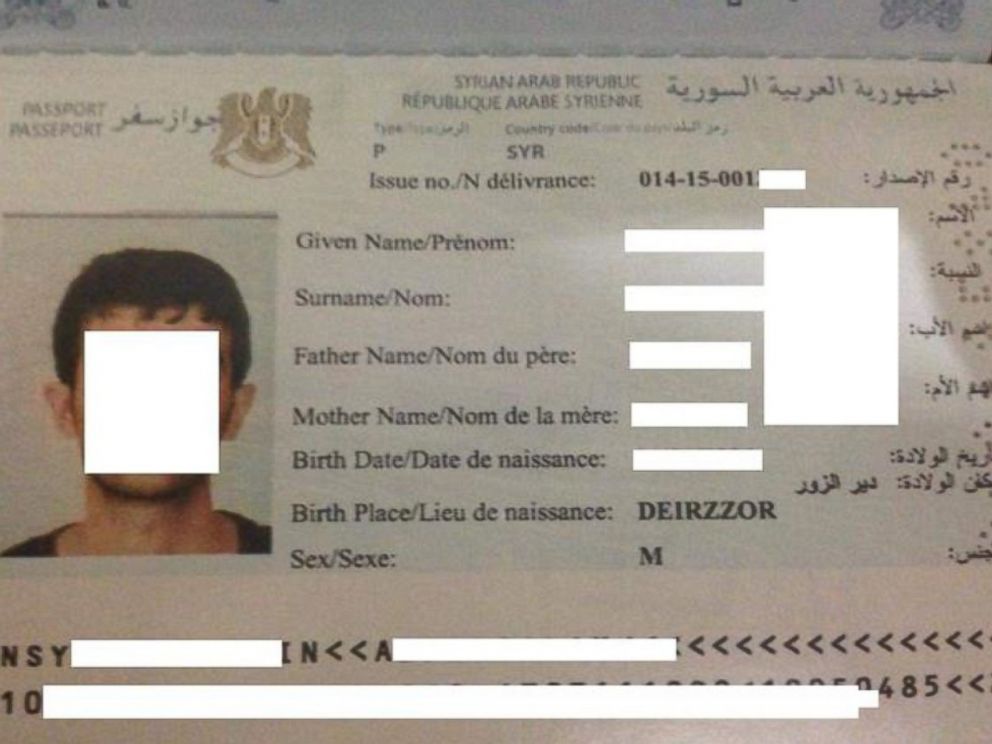 Homeland Security Investigations Intelligence Report
Homeland Security Investigations Intelligence Report
Former Department of Homeland Security intelligence official and ABC News consultant John Cohen said in December, “If ISIS has been able to acquire legitimate passports or machines that create legitimate passports, this would represent a major security risk in the United States.”
Fake Syrian passports have already been discovered in Europe, most notably two used by suicide bombers in the horrific terrorist attack on Paris in November. The two men are believed to have slipped into Europe with a flood of Syrian refugees fleeing the violence in their homeland.
According to the source that provided the passport information to HSI, Syria is awash in fake documents.
Seven people have been killed and hundreds are feared trapped in collapsed buildings in Taiwan after the area was hit by a magnitude 6.4 earthquake this evening.
A baby, young girl and two adult men died in one tower block collapse.
Significant numbers of casualties are feared after the quake hit near the heavily populated city of Tainan.
Emergency workers are using sound and heat sensing devices as they search through the rubble of smashed apartment and office blocks.
Taiwan is one of the world's most densely populated countries, and has suffered a series of quakes over the centuries.
 Taiwan's China Post newspaper said on its website that more than one building collapsed in the quake.
Taiwan's China Post newspaper said on its website that more than one building collapsed in the quake.
"Collapsed buildings reported in Tainan, with rescue workers arriving on scene. The city government there has set up a level one emergency response center.
"Onlookers are urged not to block access to emergency crews moving into the area," the newspaper said.
Toppled: Many buildings were left dangerously damaged
.

Tainan city's fire department said earlier that it was on its way to the site of one building that had partially collapsed and Liu Shih-chung, an official with the Tainan City Government, said the city had set up an emergency response center.
No other details were immediately available but many people in Taiwan said the tremor was strong.
"I hugged the wall and put my face to the wall," Pao-feng Wu, a Tainan resident, told Reuters after the quake hit.
Story 3 B
6.4-Magnitude Earthquake Strikes Southern Taiwan
 Rescuers are seen entering an office building that collapsed on its side from an early morning earthquake
Rescuers are seen entering an office building that collapsed on its side from an early morning earthquake
A 6.4-magnitude earthquake struck southern Taiwan early Saturday, causing at least two buildings to collapse.
The Taiwanese news website ET Today reported that two buildings toppled in the southern city of Tainan and that some water and gas utility pipes had ruptured. Sirens were wailing as city authorities responded to the quake, the news website said.
The temblor struck about 4 a.m. local time, or 2000 Friday GMT. It was located some 22 miles (36 kilometers) southeast of Yujing, and struck about six miles (10 kilometers) underground, according to the U.S. Geological Survey.
It was felt as a lengthy, rolling shake in the capital, Taipei, on the other side of the island. But Taipei was quiet, with no sense of emergency or obvious damage just before dawn.
About two hours after the tremor, Taiwanese television showed live images of a rescue at a partially collapsed building in Tainan. In it, rescue workers operating under the glare of floodlights combed through twisted concrete and metal and encountering people, apparently residents, who appeared dazed but uninjured.
Other footage showed people with their arms around firefighters being helped from the building, and cranes with cherry-pickers on the end being lowered into darkened parts of the structure to look around for survivors. Newscasters said other areas of the city were still being canvassed for possible damage.
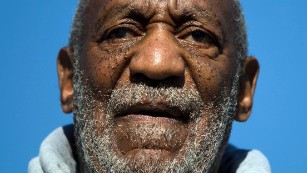
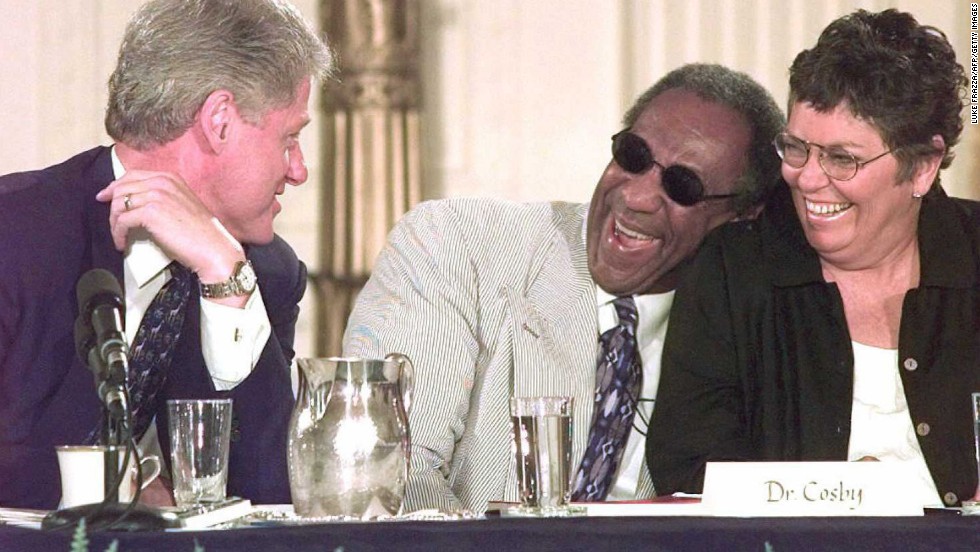











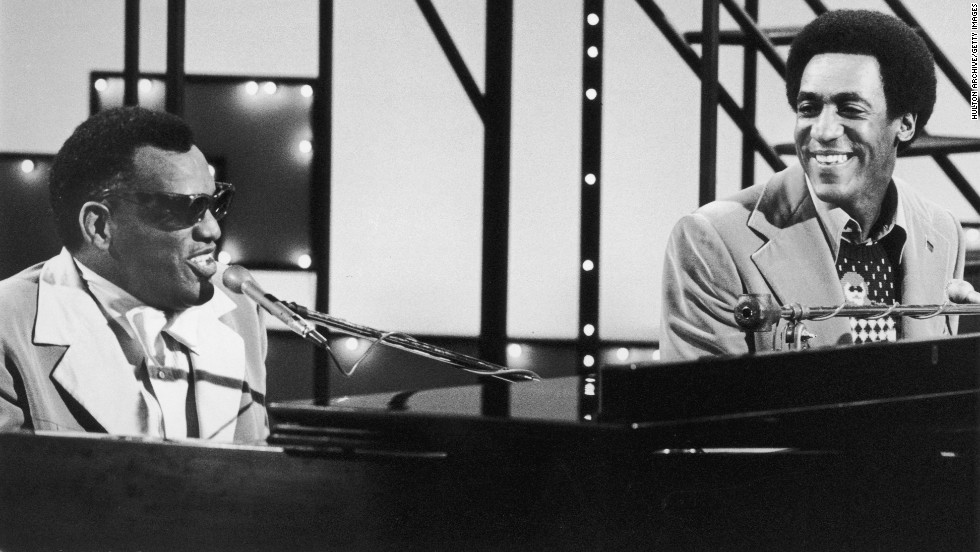


















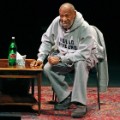



No comments:
Post a Comment